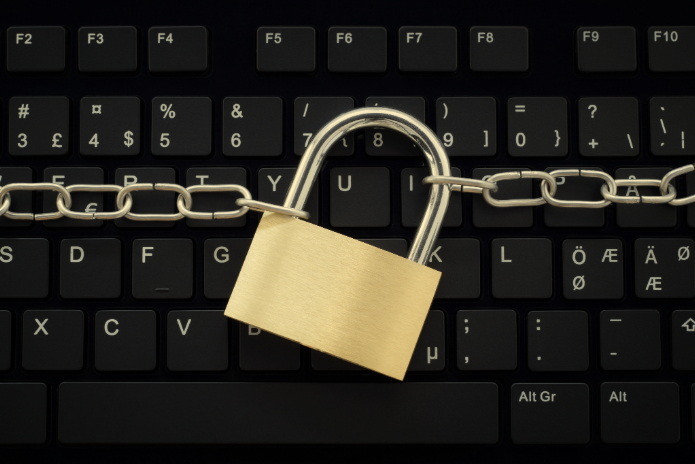In an increasingly connected world, cyberattacks stand out as one of the most serious threats today. From financial transactions to critical infrastructure operations, technological dependence requires a proactive stance on cybersecurity. Companies of all sizes need to be vigilant and protected.
What are cyberattacks?
According to CEO from Assine Bem, Carlos Henrique Mencaci, “these threats consist of actions carried out by individuals or groups aiming to compromise systems, networks, devices, and data. Targets range from stealing sensitive information to disrupting essential services. Motivations such as financial gain, espionage, or destabilization are common, and the tactics used are constantly evolving.”
The expert highlights the main types of cyberattacks:
Phishing: fraudulent messages deceive victims into obtaining confidential data, such as passwords and banking information.
Malware: encompasses viruses, ransomware and other malicious programs.
DDoS: overwhelms servers with fake traffic, making them inaccessible.
Social engineering: manipulates people into performing harmful actions or revealing private information.
Exploitation of vulnerabilities: attacks security flaws in networks and applications.
“Being alongside trusted partners and using secure platforms brings greater peace of mind in a scenario of constant threats,” emphasizes Mencaci.
Impacts of cyberattacks
The consequences can be devastating, such as:
Exposure of confidential data: leakage of personal or corporate data.
Financial losses: extortion, operational disruptions, and theft of resources.
Reputational damage: loss of public trust, especially in cases of customer exposure.
National security risks: critical infrastructures, such as energy and healthcare, can be compromised.
Interference in daily life: attacks on hospitals and transportation, for example, directly affect society.
“With Industry 4.0, technologies like IoT, Big Data and Artificial Intelligence transform industrial processes but also require advanced protection,” explains the expert. According to Meticulous Research, the global cybersecurity market is expected to reach $42.96 billion by 2029.
How to protect a company?
Brazil leads cases of ransomware in Latin America, followed by Mexico, Chile, and Argentina, according to Entel Ocean. To address these challenges, experts recommend:
- Strengthen systems and perform backups periodically
- Test data recovery through simulations
- Train employees to identify risks
- Monitor vulnerable devices and implement controls
- Segment networks to limit attack propagation
- Enhance the security of emails and two-factor authentication
- Develop and test incident response plans
Platforms like Assine Bem are valuable allies. “Digital signatures offer legal validity, advanced encryption, and compliance with the General Data Protection Law – LGPD. Additionally, the solution is practical, sustainable, and secure, eliminating the use of paper and the risk of misplacement,” adds the CEO.


